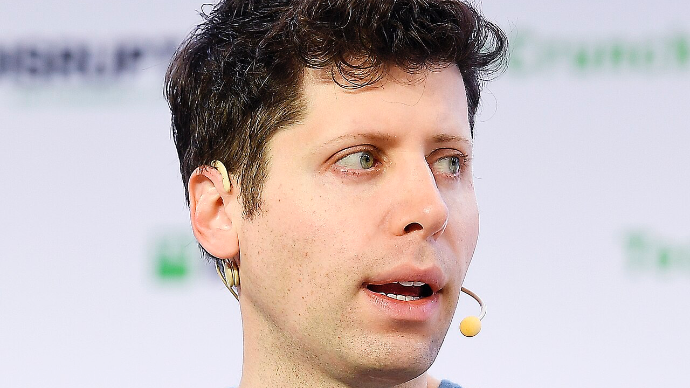[ad_1]

Gevme CEO Veemal Gungadin
The return of in-person events in Singapore and other Southeast Asian countries is a welcome change. According to data, visitor numbers are expected to double this year with tourism on track for full recovery by 2024, returning to pre-pandemic levels.
However, one must not forget the environmental impact that it may cause.
In an email interview with e27, Gevme CEO Veemal Gungadin explains how the events industry has become one of the largest contributors to global carbon emissions, accounting for 10 per cent with multiple contributors tallying up to a rather hefty carbon footprint.
The contributing factors here vary from transportation used to attend the events themselves to energy use and waste generation. To clarify, the travel-induced carbon footprint for international conferences resulted in more than 2,000 tonnes of greenhouse gasses and the average participant producing between 500 and 1,500 kg of CO2e per conference round-trip, according to a recent study.
Does this mean hosting virtual events is a better alternative? Not really. A study showed a one-day virtual conference (on Zoom) with around 200 participants resulted in 1,324 kg of CO2 emissions, roughly equivalent to burning around 680 kg of coal.
“Thus, whether organisers are planning to run physical, virtual or even hybrid events, it’s increasingly imperative that they decarbonise and rethink how they organise their events, adopting greener strategies throughout every step of the event planning process,” Gungadin stresses.
Also Read: ‘There’s a lack of urgency among companies in achieving net zero targets’: Unravel Carbon’s Grace Sai
This is where Gevme comes in. According to Gungadin, there are already platforms that aim to help event organisers reduce carbon footprints. But the problem is that they often consist of different tools that may not integrate well with each other.
“Event organisers are also typically short on time and, coupled with manpower crunches, often unable to spend the time and effort to implement all these various sustainable recommendations,” he says.
“At Gevme, we provide organisers on our platform with an integrated platform that helps them to reduce their carbon footprint in many ways by doing away with some of the classically physical aspects of their events. For example: Reduce waste (paper, collaterals and materials) through our digital tools and collaterals such as digital tickets, badges, name cards, swag bags, brochures and signage for the event agenda,” the CEO further explains.
It also provides tools such as a digital event help centre, the use of digital forms and survey submissions, gamification (including spin the wheel and treasure hunt mechanics) as well as a virtual venue for attendees to engage with.
“Ultimately, we provide event organisers with a comprehensive and integrated platform that allows them to decarbonise their events through omnichannel strategies without sacrificing the event experience for attendees,” Gungadin says.
Gevme acquires its users through partnerships with both event venues and event planners themselves, such as Marina Bay Sands and the Singapore Expo.
“Through these partnerships, they’re able to offer our services to brands looking to run their events sustainably or those looking to inject a digital touch into their events while ensuring a stable infrastructure that works well with other integrations that enhances the event attendee experience,” Gungadin explains.
Also Read: SG Budget 2023: Greater push towards net zero provides opportunities for startups
The next big event
As the company prepares for its next big plan in 2023, Gungadin shares that last year, it had over one million digital attendees for the events on its platform. It saves over 40,000 tonnes in CO2 emissions, equivalent to 1.2 million trees as they did not have to travel to attend the event.
“We also had over two million attendees registering for events using our platform, providing organisers with the ability to impact each attendee,” he continued.
With that secured, in 2023, Gevme plans to align with Singapore’s MICE Sustainability Roadmap–part of the goal to become Asia Pacific’s Leading Sustainable MICE Destination by 2030.
“We will be tracking our own emissions this year, with the goal to become carbon neutral by 2025 and achieve net zero by 2030. We will also be rolling out key features to encourage greater sustainability efforts for the organisers and brands on our platform while enabling them to keep track of their own emissions as well,” Gungadin closes.
—
The article was first published on March 16, 2023.
Echelon Asia Summit 2023 is bringing together APAC’s leading startups, corporates, policymakers, industry leaders, and investors to Singapore this June 14-15. Learn more and get tickets here. Echelon also features the TOP100 stage, where startups get the chance to pitch to 5000+ delegates, among other benefits like a chance to connect with investors, visibility through e27 platform, and other prizes. Join TOP100 here.
Image Credit: Gevme
The post How Gevme aims to help event organisers reduce their carbon footprint appeared first on e27.
[ad_2]
Source link



















